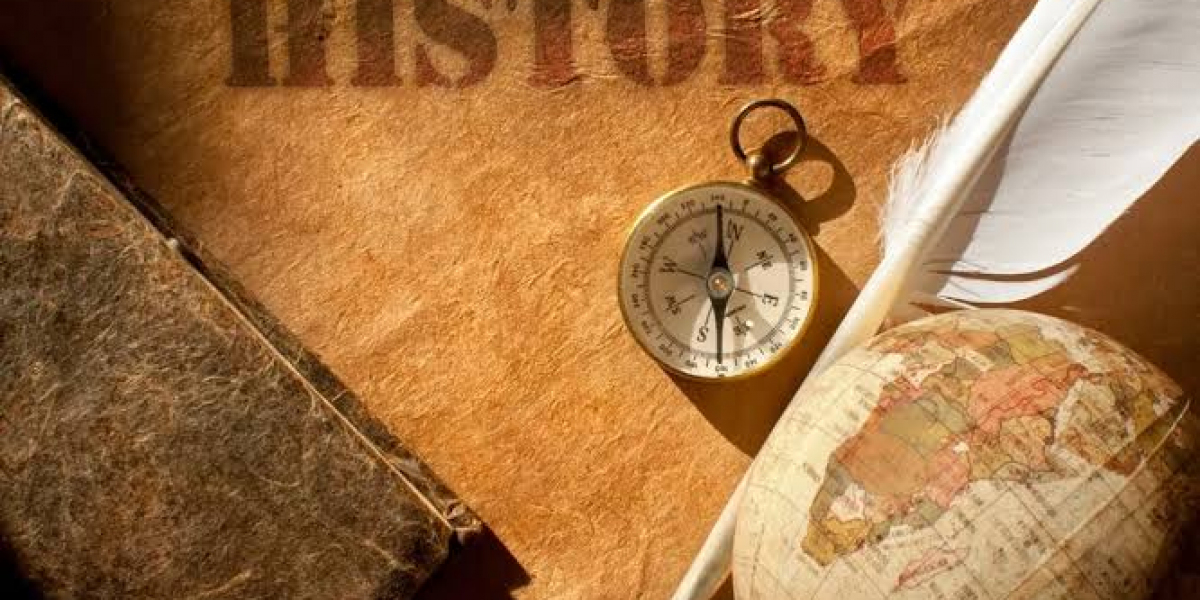History is the recorded memory of humanity. It is the study of people, events, ideas, and cultures that have shaped the world over thousands of years. From the rise of ancient civilizations to the digital revolution, history helps us understand who we are, where we came from, and how societies evolved over time.
The word "history" comes from the Greek word historia, meaning inquiry or knowledge gained through investigation. It began as oral storytelling in ancient tribes and later developed into written records as writing systems emerged in Mesopotamia, Egypt, India, and China.
Early human history includes the Stone Age, when humans lived as hunters and gatherers. As agriculture began, permanent settlements grew, leading to the birth of civilizations like the Sumerians, Egyptians, Harappans, and Chinese dynasties. These civilizations built cities, developed writing, and laid the foundations for modern society.
The Classical Age saw the rise of empires like Greece, Rome, Maurya, and Han China. It was a time of philosophy, science, architecture, and warfare. Great thinkers such as Socrates, Confucius, and Ashoka left lasting impacts.
The Middle Ages followed, marked by kingdoms, castles, and religious influence in Europe, while Islamic, African, and Asian empires flourished with advancements in art, science, and trade.
The Renaissance revived knowledge and creativity in Europe, leading to exploration, inventions, and the eventual Industrial Revolution, which changed how people lived and worked.
In the 20th century, two World Wars reshaped global power and politics. The rise of democracy, decolonization, civil rights movements, and technological progress brought rapid change.
Today, history continues to evolve with digital records and global connections. Studying history helps us learn from past mistakes, understand different cultures, and appreciate the journey of human progress.
In essence, history is not just about the past — it’s a guide to understanding our present and shaping a better future.



